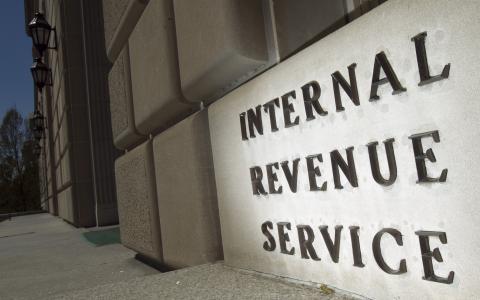
Got a CP21C letter from the Internal Revenue Service about the stimulus payment(s) you’re waiting for? It’s a mistake. The letters, mailed to more than 109,000 taxpayers, say that the IRS is offsetting outstanding economic stimulus payments to cover 2007 taxes. 2007! That’s not a typo.
What should you do if you got such a letter? Throw it in the trash.
The CP21C letter is the latest snafu in what is likely going to be a very taxing filing season. There are 9 million Americans still waiting for round one and round two of the economic stimulus payments promised for 2020. Meanwhile, Congress is trying to pass a third round of stimulus checks—$1,400 per person payments this time—possibly phasing out at lower income levels.
The CP21C letter says: “We applied a credit to your 2007 tax account due to new legislation. We used (offset) all or part of your economic stimulus payment to pay your federal tax as the law allows … As a result, you don’t owe us any money, nor are you due a refund.”
The IRS explains that the letters were sent in error in a new question and answer added to its stimulus payments Q&A page: “This notice is not accurate for anyone who received it. Since no payment was issued, no offsets occurred. We apologize for the confusion this may have caused. You can disregard the notice.”
What caused the CP21C snafu? National Taxpayer Advocate Erin Collins blames it on antiquated IRS information technology systems that use obsolete programming language. “Regrettably, taxpayers are once again caught in the mire of IRS’s challenges to issue correct correspondence,” Collins says in a blog post, calling for Congress to fund an overhaul of the IRS’ IT infrastructure.
If you’re still waiting for round one and round two stimulus payments, at this point, you have to file a 2020 tax return and claim the payments as a “recovery rebate credit.” There’s a big catch: The credit is subject to regular offset rules for unpaid federal and state taxes as well as child support. So you might get nothing. Collins is urging the IRS to use its discretion to deliver full stimulus payments without offsets via tax returns.
This article originally appeared on Forbes.



